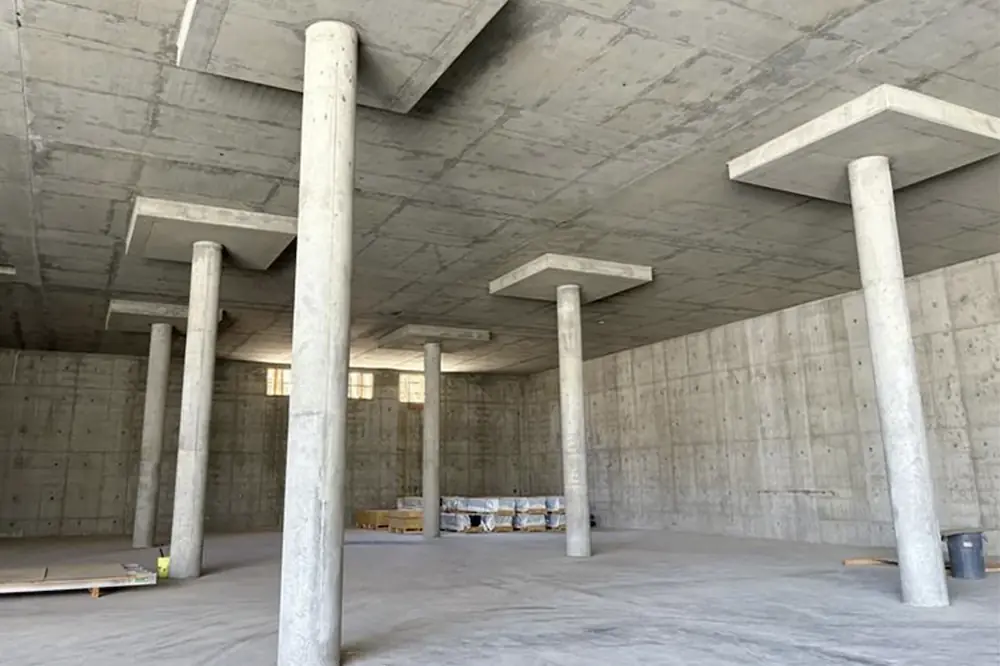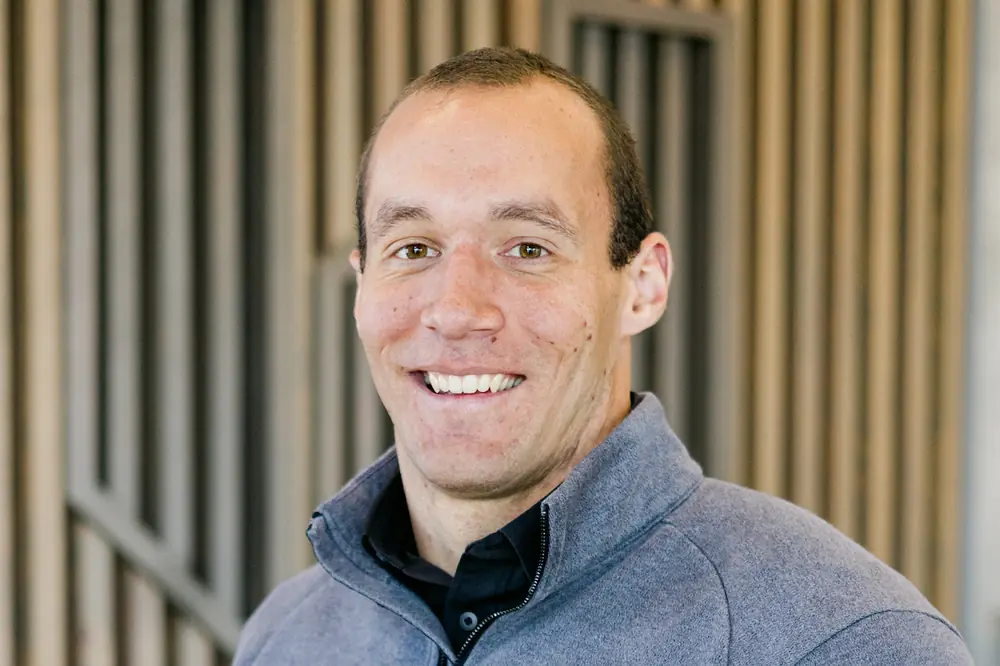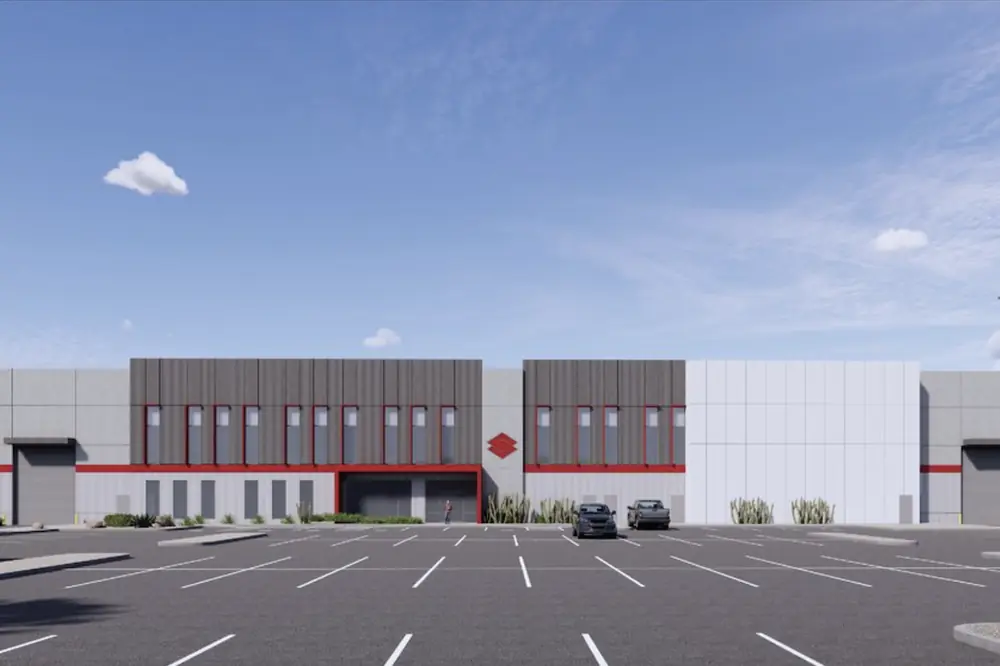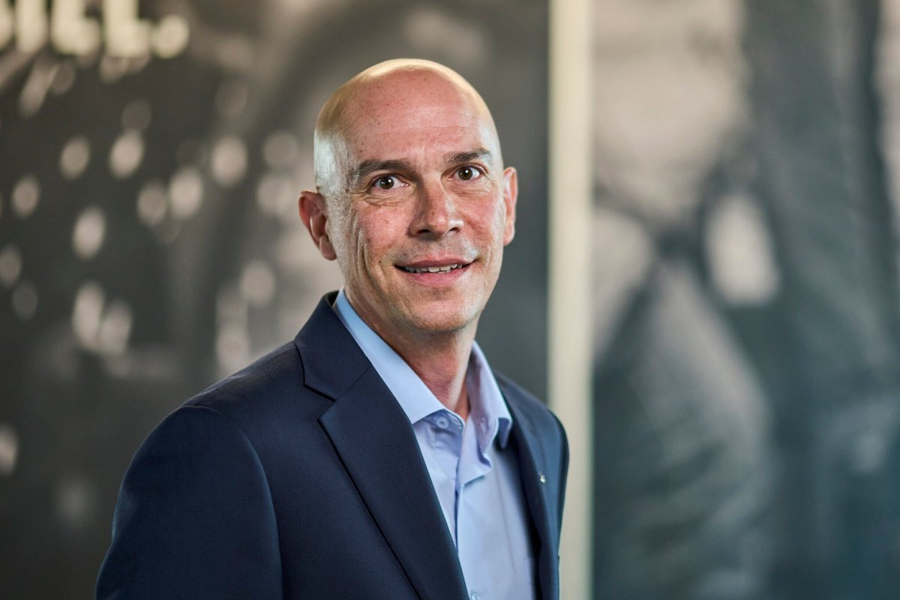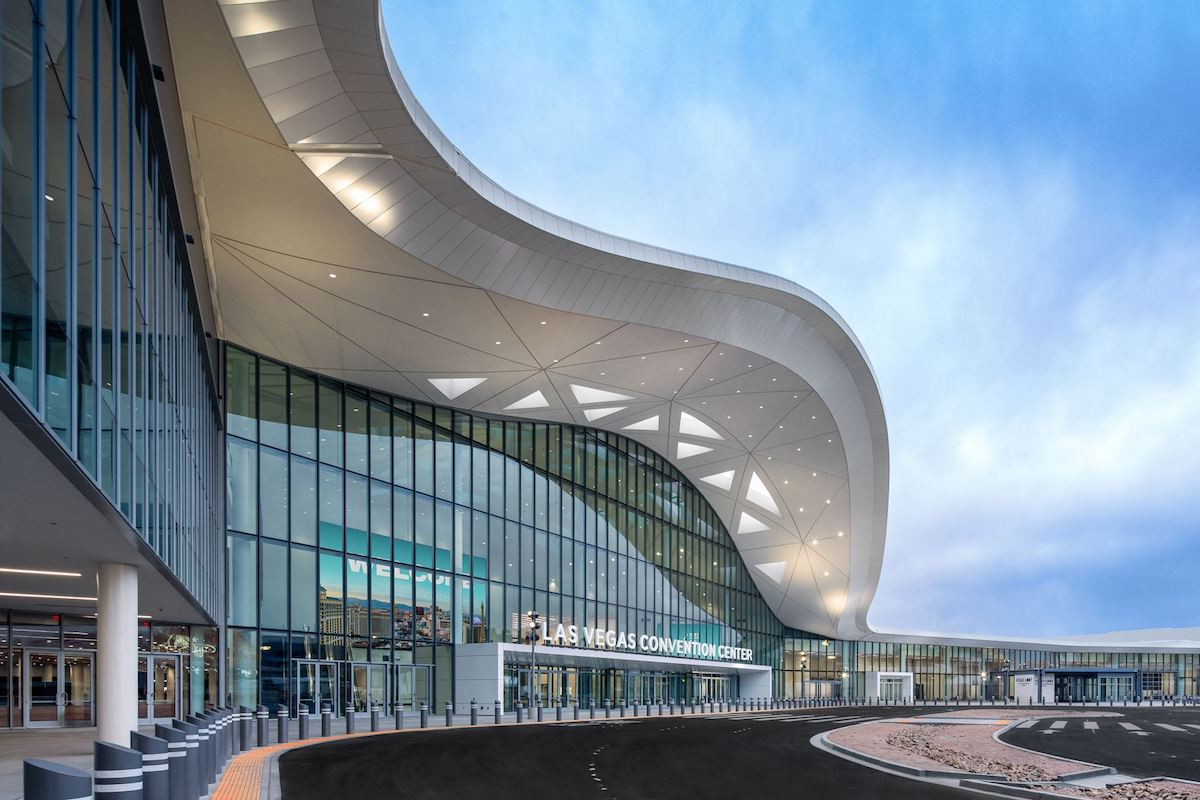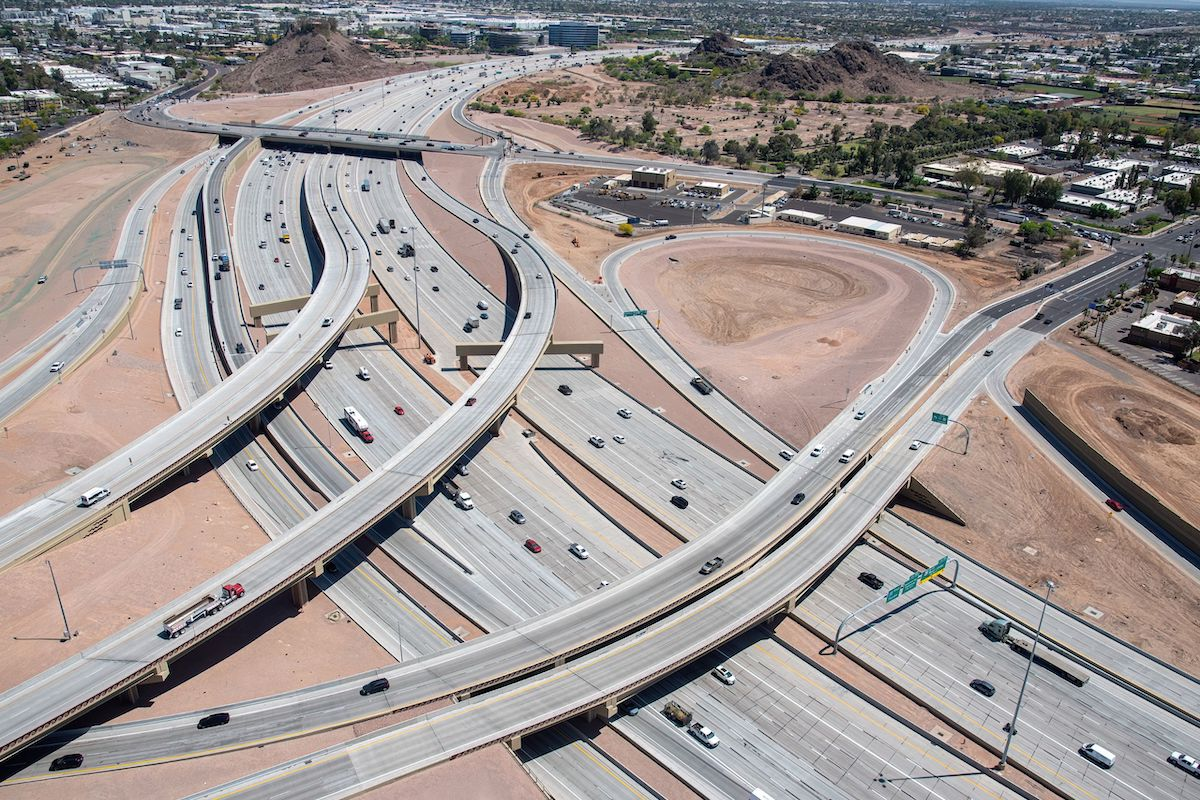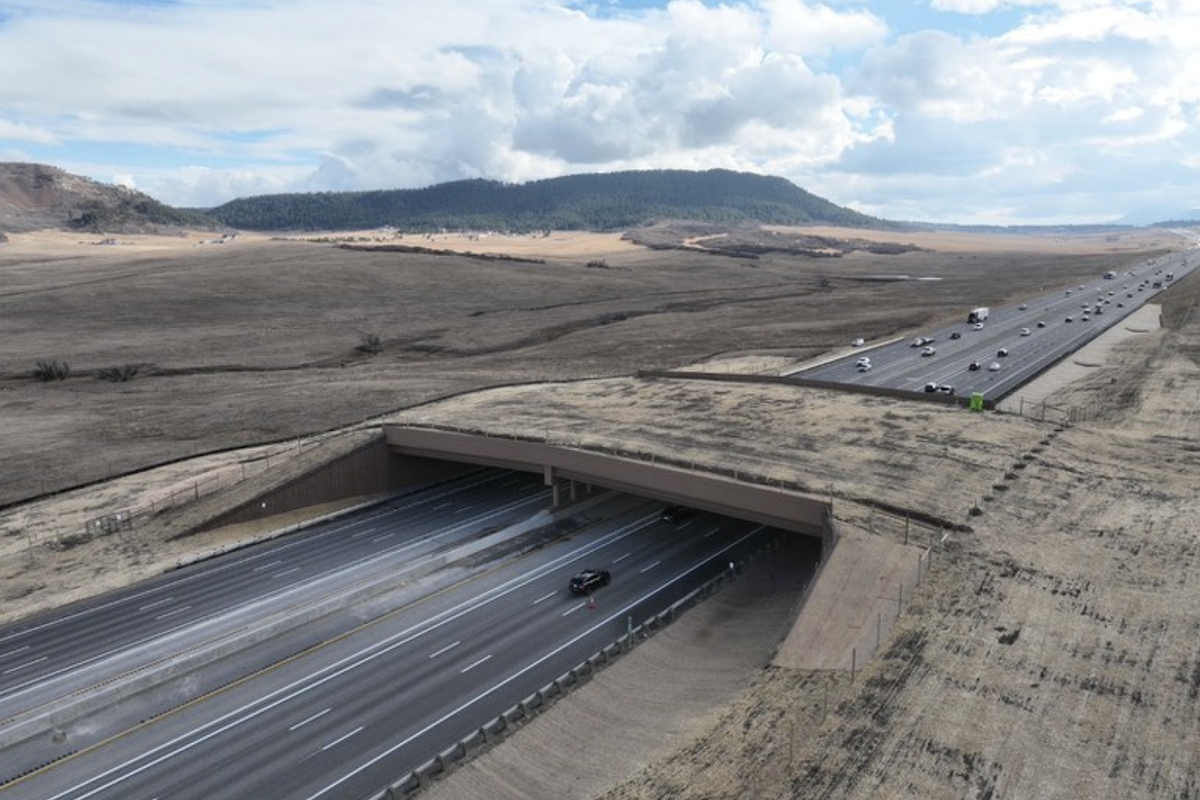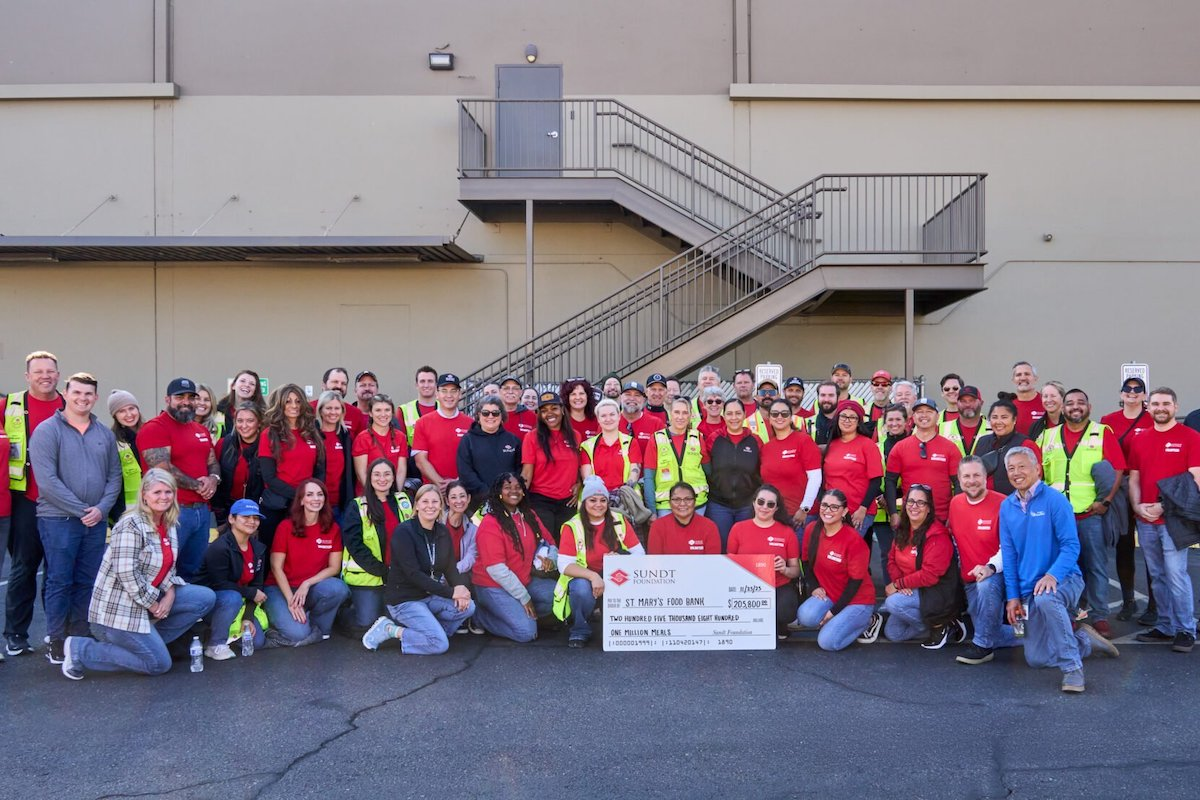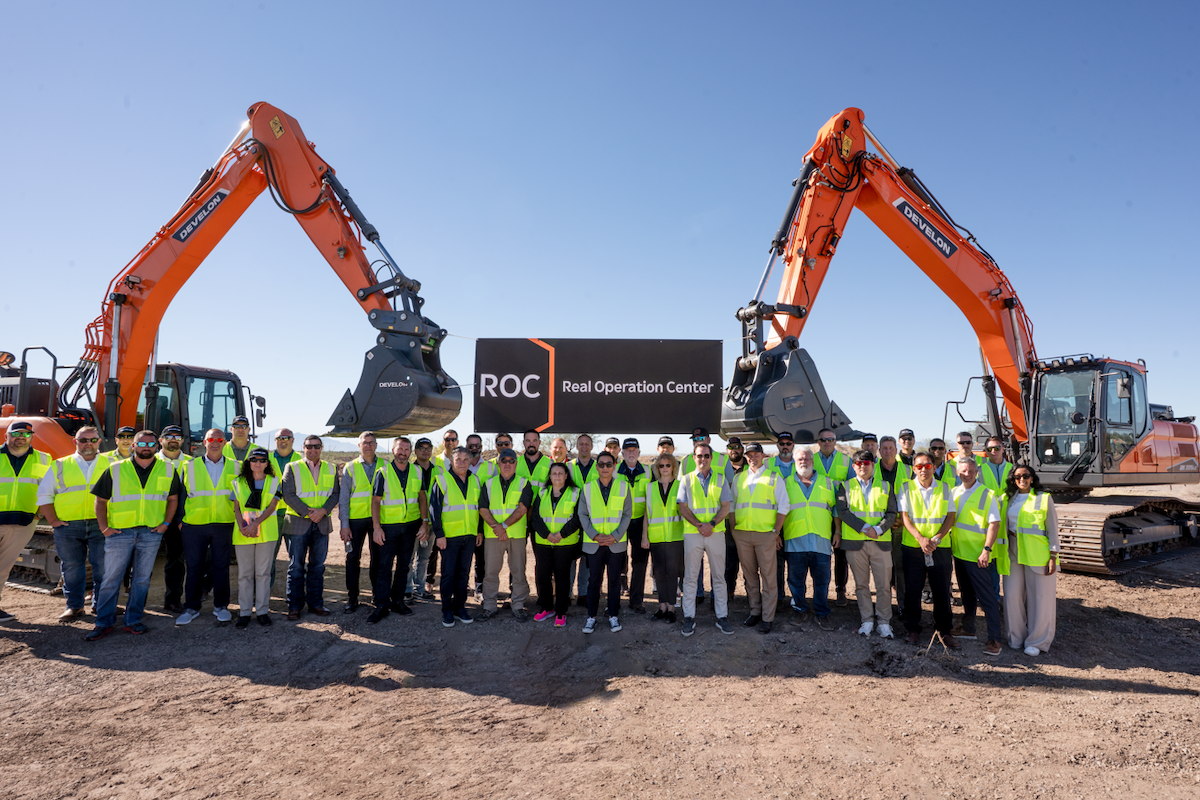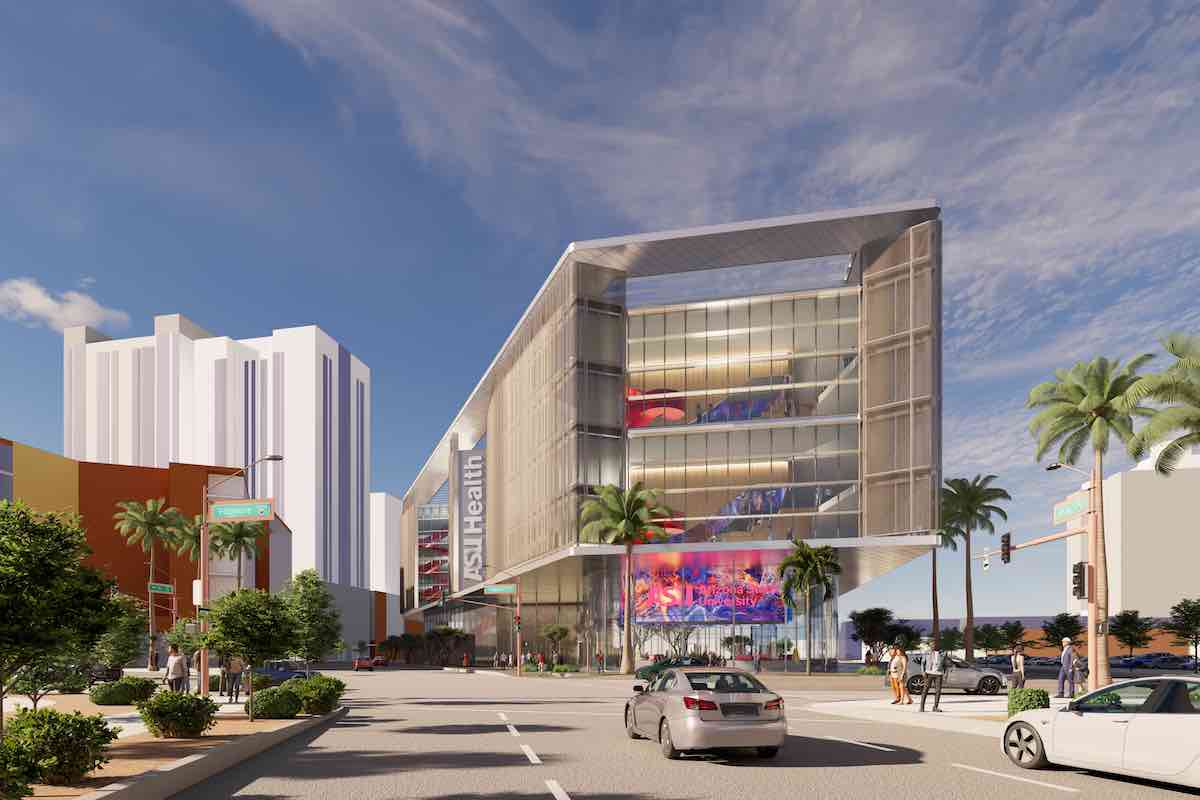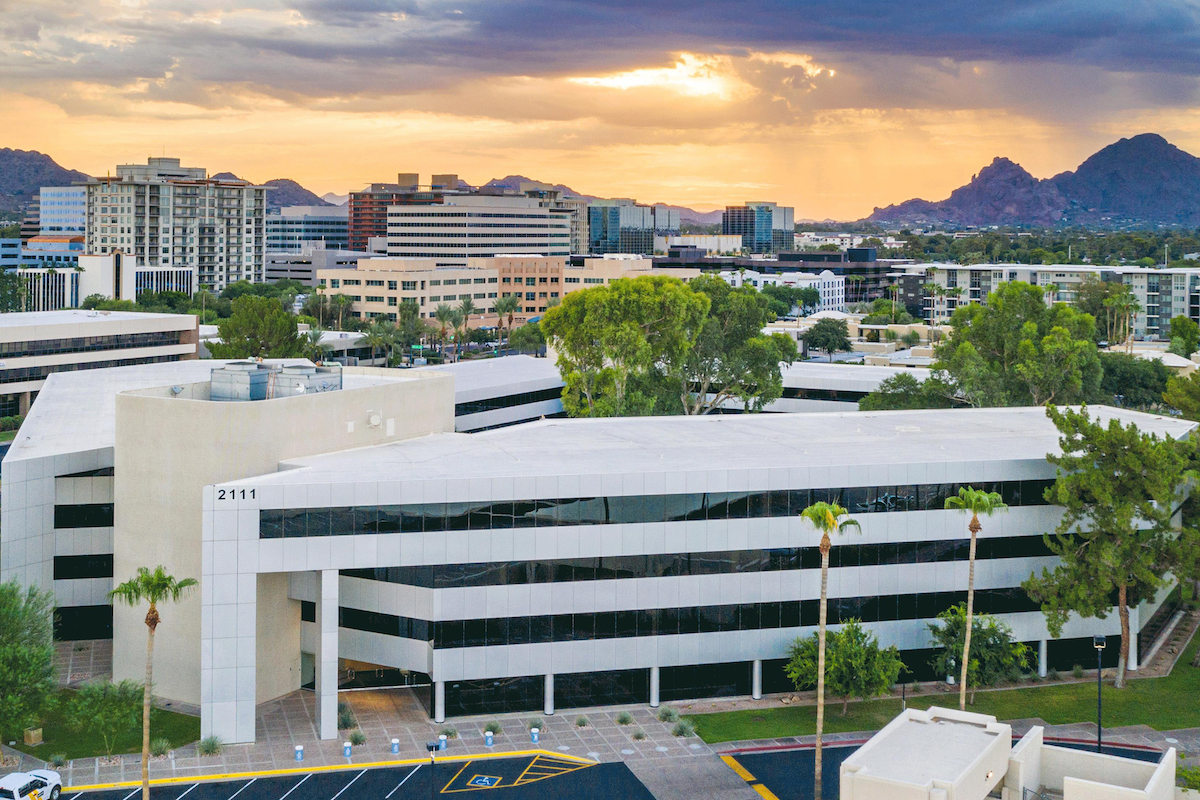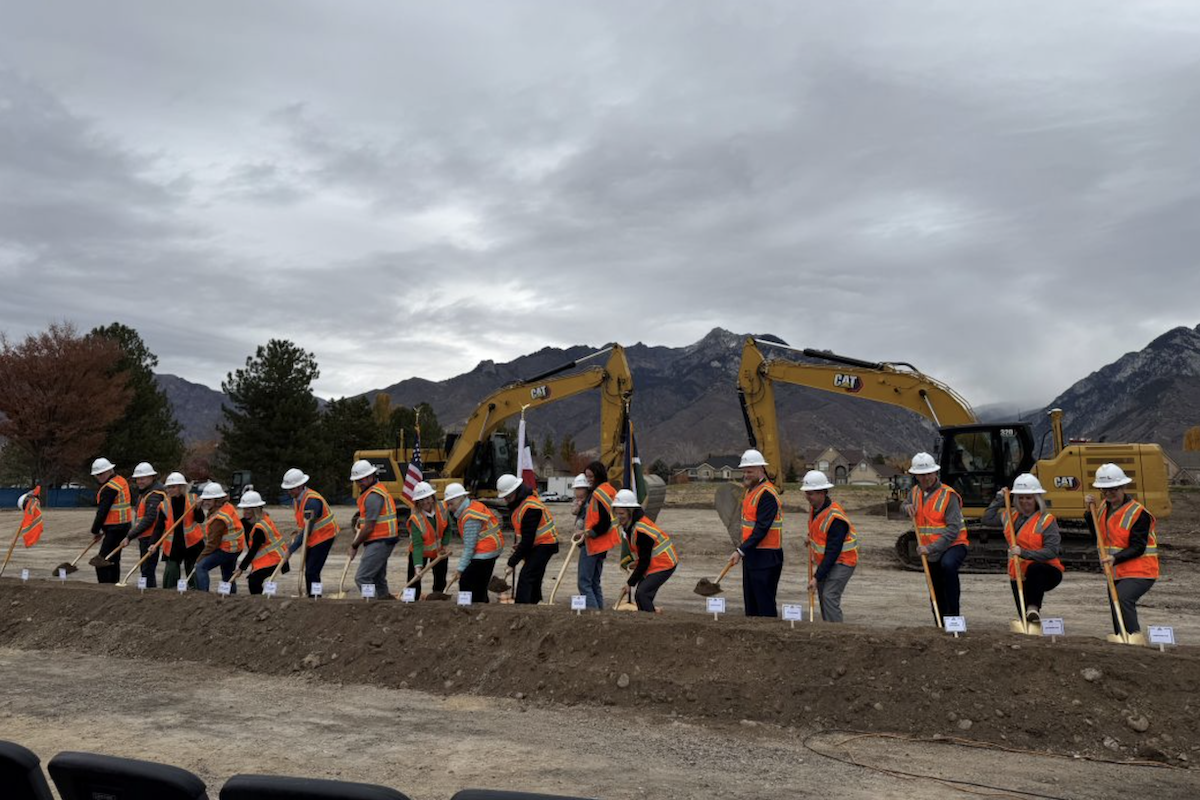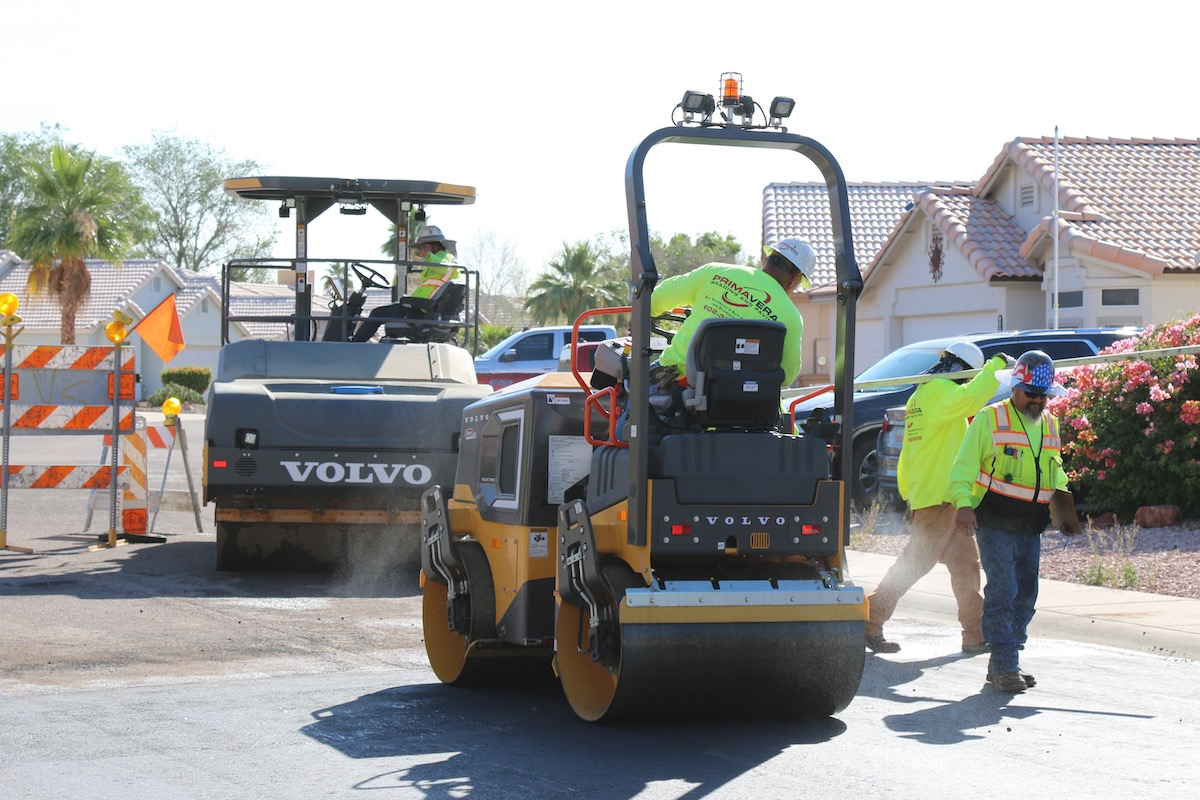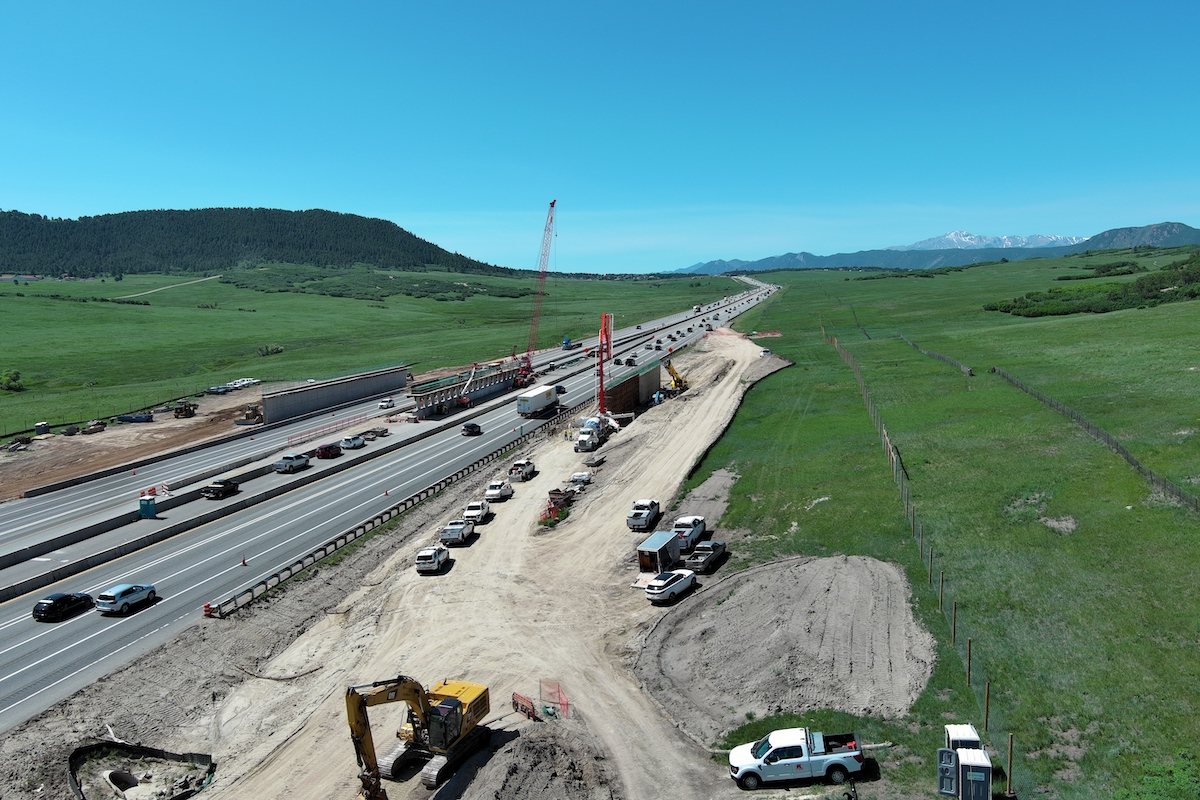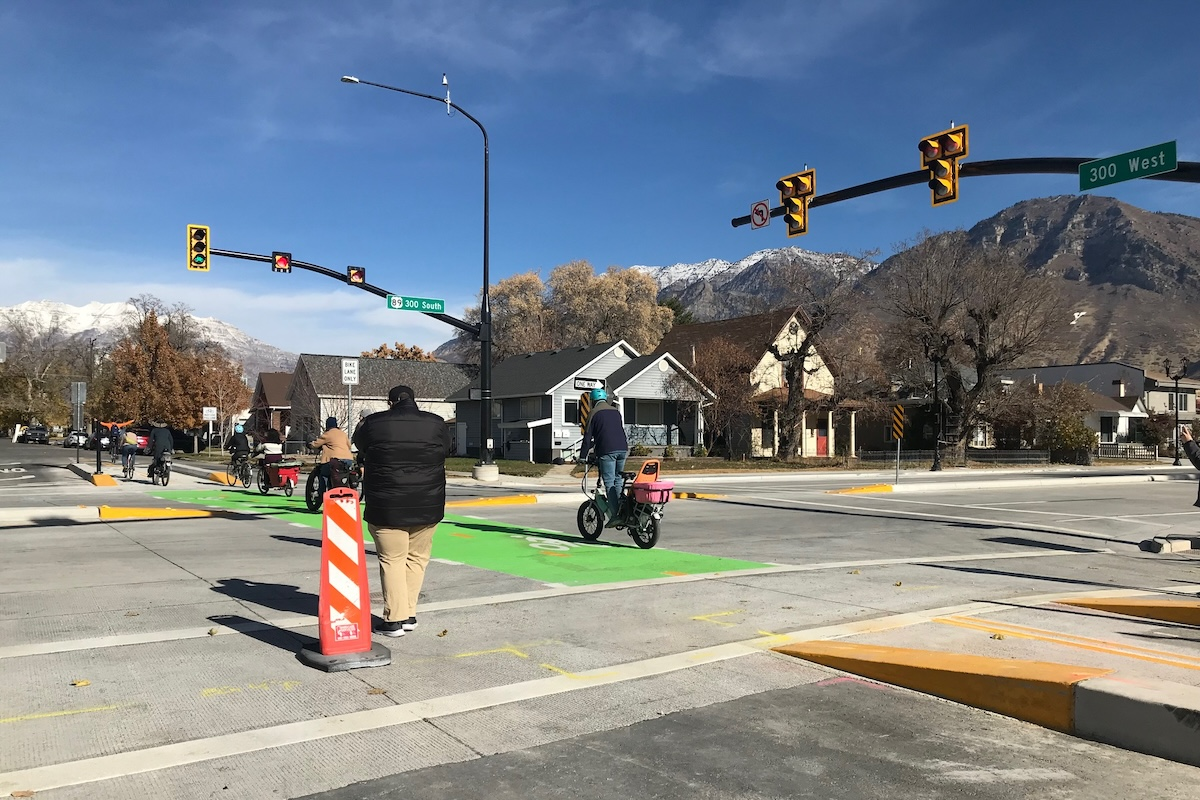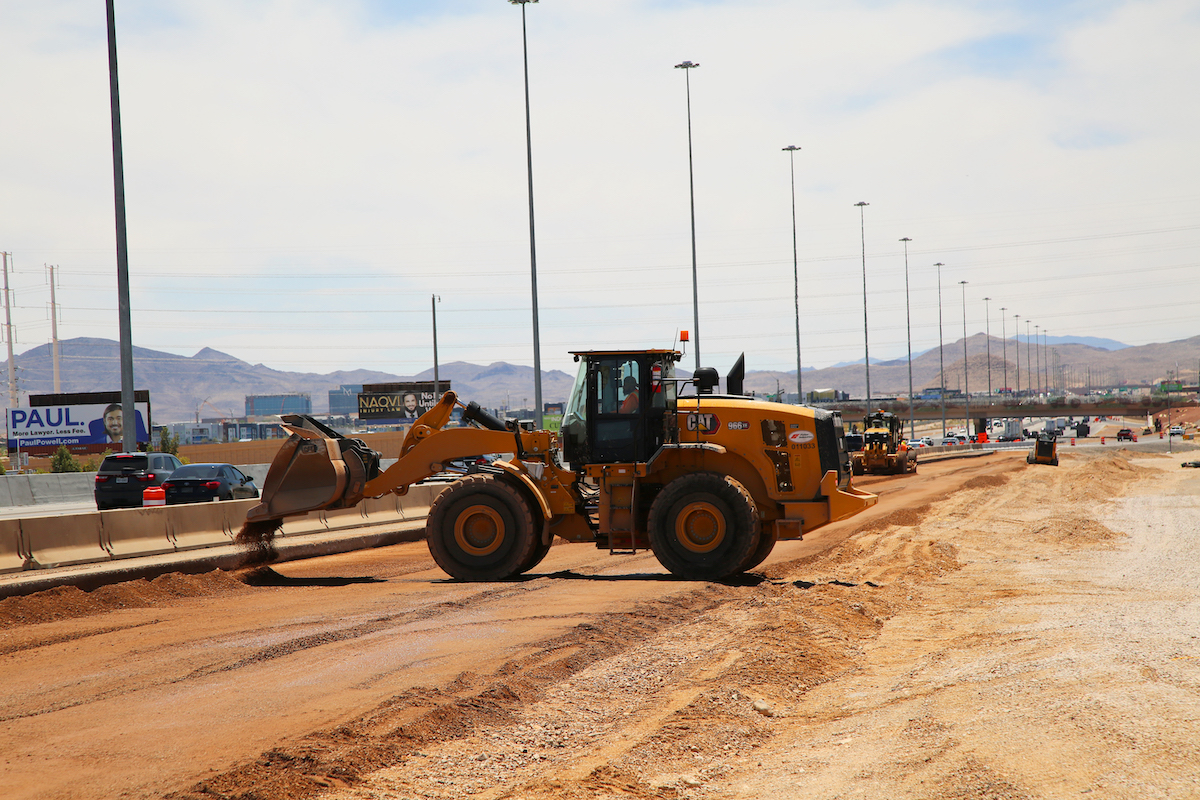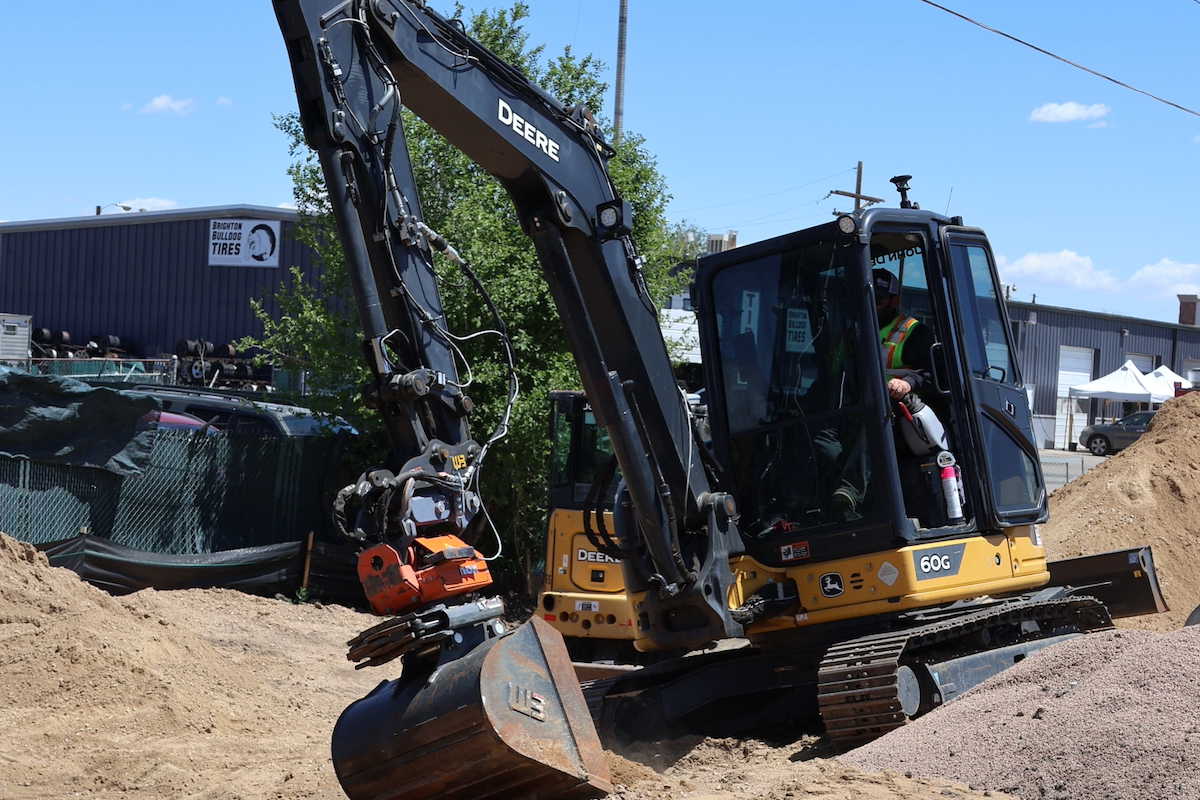“We are creating auxiliary lanes to ease congestion on OR 217,” says David Finnigan, Project Manager with Kerr Contractors Oregon of Woodburn, Oregon, the general contractor on the project. “That’s what the project is about.”
This section of highway has 10 interchanges within 7 miles, some of the shortest merging space in the area. About 120,000 vehicles travel on this stretch of road daily.
In addition to building the 4 miles of auxiliary lanes on both sides of the highway, Kerr is constructing multiple bridges, a frontage road, five sounds walls and nine retaining walls, some with soldier pile walls and others with soil nail walls. The team also is building mechanically stabilized earth walls and cast-in-place gravity walls. The topography in different sections dictates the type of wall being constructed.
“We have a little of everything,” Finnigan says. “We’re either retaining soil that was always there or having to build up and embank imported soil or rock.”

| Your local Bobcat dealer |
|---|
| Ditch Witch West |
| Faris Machinery |
Two of the five sound walls are sound absorbing, with wood fiber cast into the precast concrete panels. They absorb rather than refract the sound.
“These are the first the Oregon Department of Transportation are trying out,” Finnigan reports.
ODOT designed the project with consultant Dowl, headquartered in Redmond, Washington. Dowl also is involved in the project’s construction management.
The Keep Oregon Moving program provided most of the funding, with the City of Beaverton and Washington County also contributing to the pedestrian and bicycle aspects of the project, which will extend the Fanno Creek Trail on the east side of OR 217.
The auxiliary roads are paved with asphalt, with about 12 inches of aggregate base, topped with 10 inches of asphalt. Where the subgrade is bad, crews are adding an additional foot or two of subgrade stabilization, during which crews dig out the soil below the subgrade and put in a geogrid fabric and a woven geotextile to prevent silt from coming up into the rock. “Then it is rock solid even over the worst subgrade,” Finnigan says.

| Your local Gomaco dealer |
|---|
| Faris Machinery |
Later in the job, Kerr will be asphalt milling on the mainline using automated machine control. Currently the team is developing a model for the asphalt grinder. The grades are variable. The crew will later place 2.5 inches of asphalt.
On the highway, crews are adding the retaining walls to hold up the four existing bridges the auxiliary lanes are passing under. The existing foundations remain in place and crews work around them. “It’s like threading a needle between the existing foundations,” Finnigan says.
For the soldier-pile walls, the crews drill a hole under the bridge, which the overhead clearance can make challenging for getting the drill rig under the existing structure. The team places the soldier pile into the hole and fills it with concrete. Some areas required tie-backs to hold back the soldier pile and all have timber lagging between the pile.
“On the soil-nail walls, we come in with a drill rig to install nails, then place a temporary shotcrete facing. We work our way down the wall, 4 feet at a time, until we get to the bottom of the wall. Once that is complete, we face it with a permanent cast-in-place facing with an architectural treatment. Those soil nails that go into the earth hold the wall in place.”
Between Allen Boulevard and Denney Road, crews will remove the southbound Allen on ramp and the southbound Denney off ramp. They will be replaced with a frontage road. At that new road, Kerr installed new sanitary sewer pipes and manholes to a depth of 25 feet during the summer of 2022. Crews placed four well points to pump out the groundwater.

| Your local Trimble Construction Division dealer |
|---|
| SITECH Southwest |
| SITECH Northwest |
| SITECH Rocky Mountain |
“The depth made it challenging, with the amount of shoring and the small work zone,” Finnigan says. “The dewatering helped tremendously.”
Crews also are installing a detention system on OR 217 between Greenburg Road and South Hall Boulevard. They dug down about 15 feet, ran into ground water and dewatered with one pump as they excavated. Then the crews placed two each 60-inch diameter high density polyethylene pipes. The pipe will hold the stormwater before it is released into the existing stormwater system and out to Ash Creek.
Crews are widening the North Hall Boulevard overpass and adding a retaining wall. Demolishing the existing South Hall Boulevard overpass will take place during a weekend closure. The bridge will close for nine months as crews rebuild the overpass to create room for the OR 217 auxiliary lanes in 2024. The current bridge will not accommodate widening, Finnigan says. The new earthquake-resistant structure will have driven piles at the abutment and a 6-foot drilled shaft at the interior bent in the OR 217 median. It will have soldier piles with tie-back retaining walls. The new structure will have steel girders. Kerr will build a temporary pedestrian and bicycle bridge for use during the construction.
Crews will place an overlay of the existing asphalt, in 2024, during weekend closures. There are 2 miles of mill and paving on the northbound side and 4 miles on the southbound side. Other local roads will also experience periodic nighttime closures.
The project is scheduled for completion in 2025.

| Your local Volvo Construction Equipment dealer |
|---|
| Faris Machinery |
“A big part of the success of this project is the people at Kerr and all of the other contractors who come here every day to come build this great infrastructure,” Finnigan says. “Kerr is a great company to work for, with one of our core values being ‘great results happen through teams.’”
Photos courtesy of Kerr Contractors Oregon

















